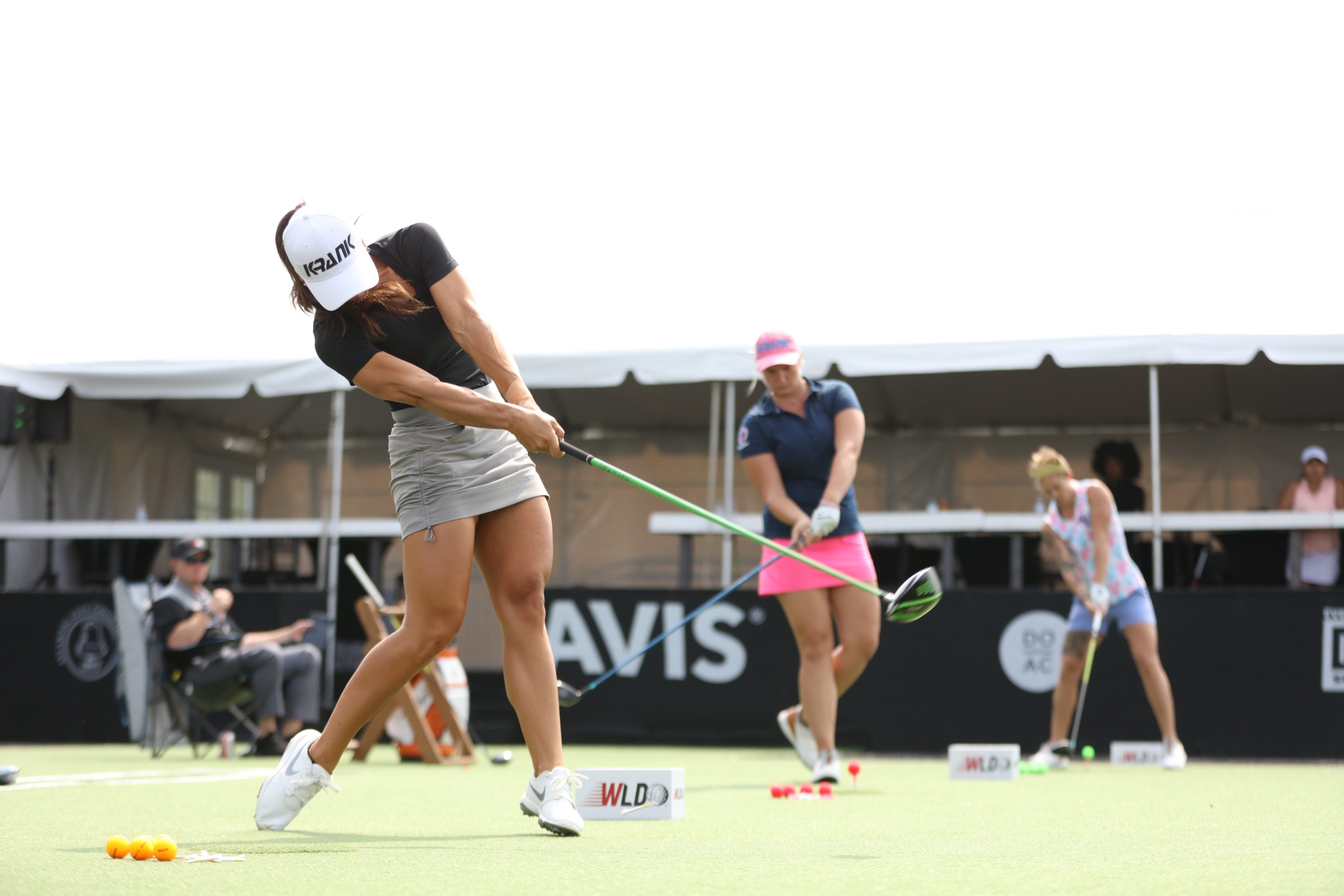CATEGORIES
- Latest News
- Interviews
- Golf Travel
- Features
- Juniors
- Competition
- Events
- Health
- Equipment
- Fashion
- Archive
INFORMATION
CURRENT ISSUE

SUBSCRIPTIONS



New research from the University of South Australia shows that many AFLW athletes are not consuming
sufficient energy and carbohydrates throughout the season and on game days, which can negatively affect performance as well as recovery
post-match.
Physical activity and nutrition expert, UniSA’s Dr Alison Hill, says
understanding the importance of nutrition is vital for women athletes at elite levels.
“Adequate energy and carbohydrates are vital for elite athletes because they increase endurance and support intermittent
high-intensity performance,” Dr Hill says.
“But when we assessed dietary intakes of elite AFLW athletes, we found that many women were not regulating their diets to meet
changing needs across the pre- and competitive seasons. And they weren’t fuelling their bodies for optimal performance on game
days.”
Similarly, knowledge gaps exists when it comes to women’s menstrual cycles and sports. Accredited Exercise Scientist and UniSA alumna,
Mikaeli Carmichael, says menstrual cycles are likely to affect sports performance.
“In general, it is not well understood how sports performance may be affected by the menstrual cycle,” Carmichael says.
“Anecdotally and in the literature, many female athletes report experiencing menstrual symptoms that affect their ability to train and
believe their performance is affected by the menstrual cycle.
“A preliminary study found that AFLW players could experience decreased sleep quality and heightened fatigue during the luteal phase –
the days just before their period starts – so it’s fair to say that this would also affect their performance.”
Now, UniSA has assembled the top experts in health, nutrition, and injury to share the latest
research and findings about women’s health and sports performance in an upcoming seminar - Women
in Sport: Wiser, Faster, Stronger.
Hosted by UniSA’s Alliance for Research in Exercise, Nutrition and Activity,
and supported by Exercise and Sports Science Australia (ESSA) the seminar will be held on Thursday 1
September between 5:30 - 8:00pm in the Bradley
Forum of UniSA’s Hawke Building.